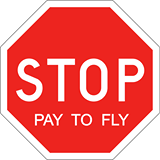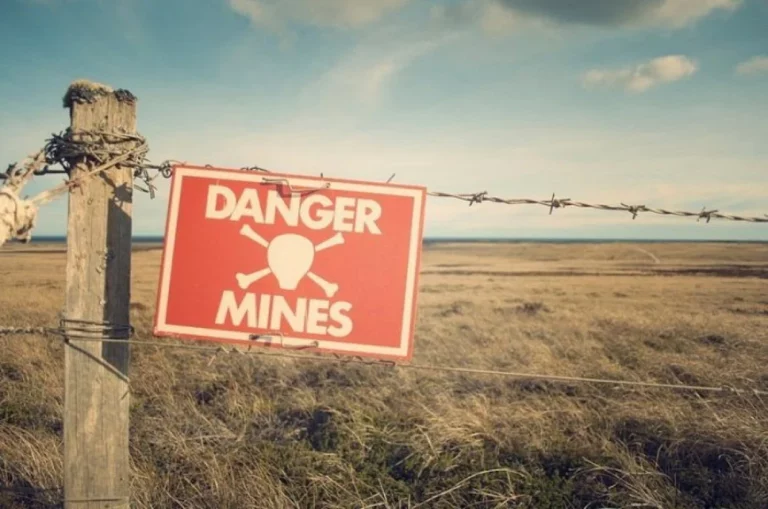Guest post by WERKLOZE VLIEGERS
These times are characterized by so-called “return in investment” thinking. On all fronts, the focus is on profits and shareholder value. This not only applies to companies, but also to healthcare and education. We are shifting increasingly from the Rhine model, where government, employers and employees are willing to work together, to the Anglo-Saxon model in which self-reliance, market forces, freedom and limited social security are paramount.
In practice this means companies are taking less and less responsibility for their employees and would actually prefer to shed their obligations as an employer. In the Netherlands, this has resulted in a nearly 1 million self-employed workers, a number that has grown significantly since the beginning of the economic crisis. Many of these workers have not become freelancers of their own free will. They would like to have more social security, if only to buy a house or maintain a family. Many of them are also “bogus self-employed”: they work exclusively for one client and there is a relationship of authority since they perform the same work as employees of this particular client. This is against the law, but who enforces the legislation?
In collaboration with the University of Ghent and the European Sectoral Social Dialogue Committee for Civil Aviation,
ECA has extensively researched bogus self-employment among pilots. The results were compiled in a report that was officially released during the recent ECA conference on “Atypical forms or aircrew employment in the European aviation industry” in Paris.
The results of the research are alarming: more than 1 in 6 pilots in Europe are atypical employees: they work through an agency, as a freelancer or based on a zero-hour contract. 7 out of 10 self-employed pilots work for a low-cost carrier. This so-called “employment” is often used to hide the fact that they are regular employees; after all, they perform the same work as pilots with a fixed contract and therefore there is a relationship of authority between self-employed pilots and the airline that hires them. This bogus construction creates unfair competition and distorts the market.
Pilot quote from the report:
“Competition between pilots (too many pilots on the market) is due to flight schools that train too many people and make false promises. I think the difference in wages and working conditions is caused by the large number of pilots who are looking for work, and who all have a huge debt.”
At the beginning of their career young pilots find themselves in such a weak position that they have to accept poor working conditions, because otherwise they will never land their first job. Airlines take advantage of the surplus of low-hour pilots and make them pay their own type rating or – even worse – their type rating plus line training under the pretext of “gaining experience”. In Europe this is possible because of loopholes in the legislation. Legislation in the field of social security and safety should therefore be adjusted to ensure that above-mentioned models do not jeopardize the safety and wellbeing of crews and passengers.
The ECA research also shows that bogus self-employment affects flight safety. Almost 50% of the self-employed pilots say they encounter difficulties in following instructions of the company because these instructions are in conflict with flight safety.
Self-employed pilots are dependent on the airline that hires them and will therefore not report sick when they are not fit to fly, and will not raise safety concerns, fearing their client will no longer use their services. They have no leg to stand on, since the airline knows there are dozens of low hour pilots eager to joint and bring in money by paying their own type rating (at a multiple of the cost).
Pilot quote from the report:
“I worked for a low-cost airline and it was horrible. Something has to be done in terms of legislation. People dare not to call in sick, could be fired within a moment’s notice, and management uses subtle threats to push things through. Terrible working conditions, low pay and zero-hour contracts. For cabin crew, the situation was even worse.”
Pilot quote from the report:
“After thirty years of flying, I have noticed that aviation is not what it used to be. I can not recommend anyone to become a pilot, unless you can get a job with a national airline. Aviation managers violate the law and expect the same of young pilots. As a pilot in Europe you have no job security, no home base for your family and in certain EU member states you are exploited by low-cost airlines. It’s an endless race to the bottom that will require its toll sooner or later. Strong demotivation, fatigue, less training and pushing boundaries are many methods used to reduce costs and to pay bonuses to managers. If pilots wouldn’t love flying so much, the current working conditions mean there would be no more planes taking off.”
The ECA research makes abundantly clear that bogus self-employment in aviation is more than the avoidance of social security and taxes: the sector’s safety is at risk.
The report ends with a call to all stakeholders to take the concerns of airlines and crews seriously. Airlines need flexibility, staff wants more security and there are concerns about unfair competition, not only between companies but also between the pilots themselves. Last but not least, legitimate safety issues give cause for concern. A fair balance between safety provisions and rights of employers and employees is therefore very important.
Nienke Groenendijk, March 2015
Do you also want pay-to-fly to end? Please fill out the petition now.

